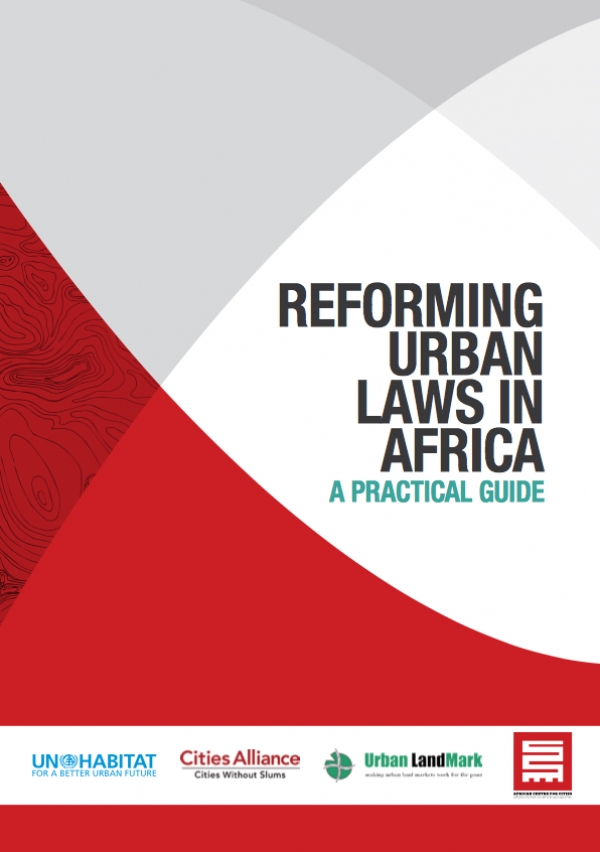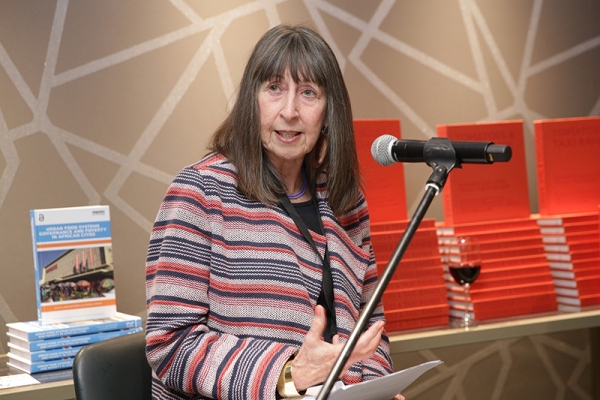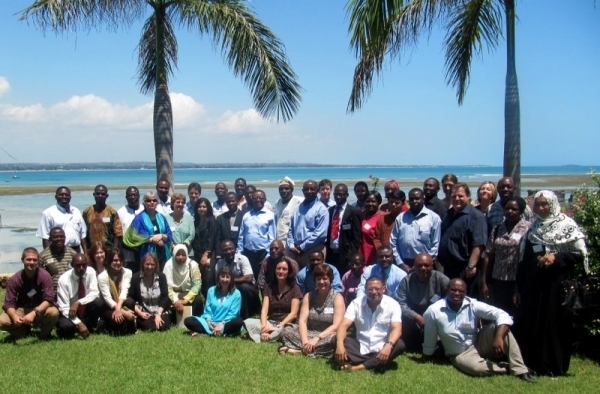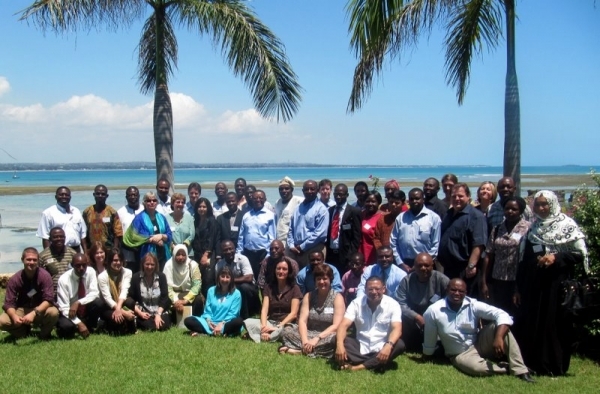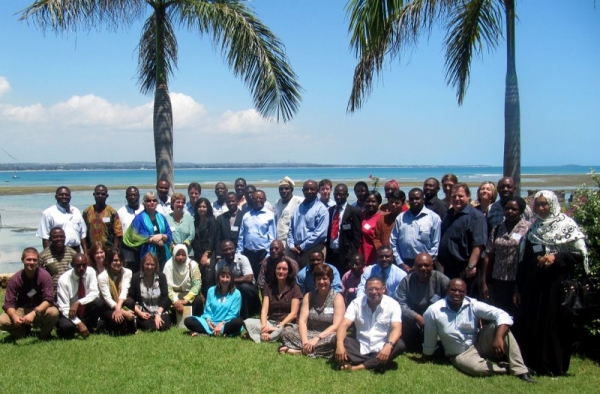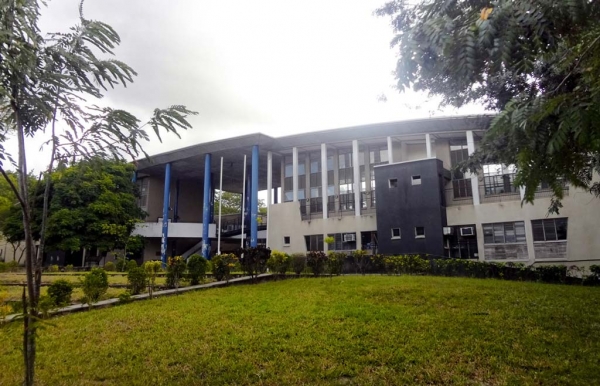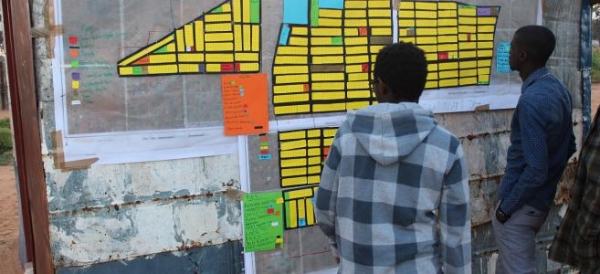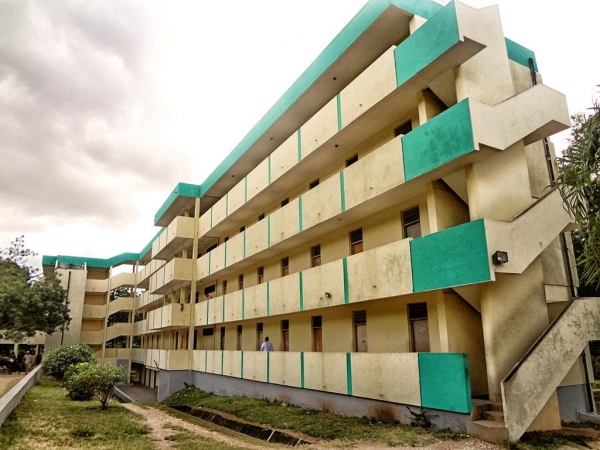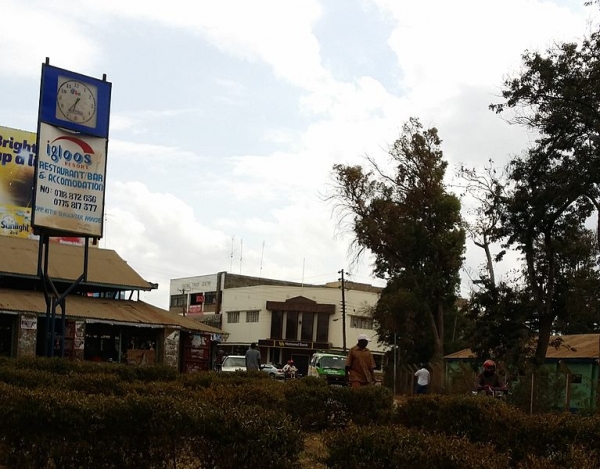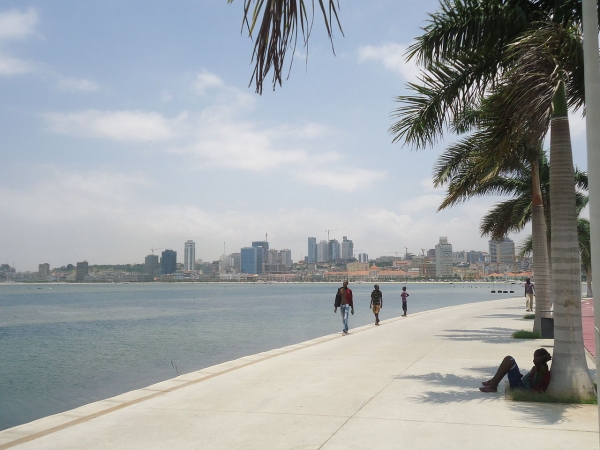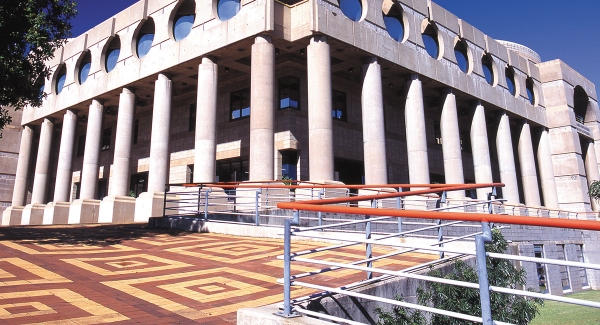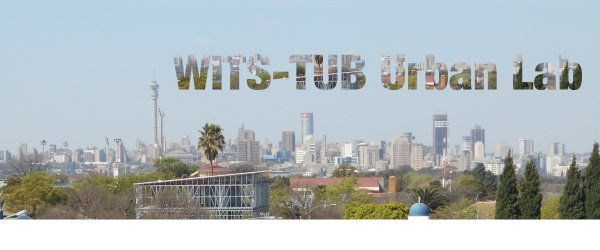Stephen Berrisford, a long-time partner of the Association of African Planning Schools (AAPS), has received a major internaitonal award for his work on reforming urban legal systems in Africa.
We are pleased to announce that Stephen Berrisford has been awarded the Dubai International Award for Best Practices (DIABP), in the category University Research Award on Legislation, Rules, Regulations & Governance Systems, for Reforming Urban Laws in Africa: A Practical Guide which he co-authored with the late Patrick McAuslan.
Jointly awarded by the UN-Habitat and Dubai Municipality, the Award recognises outstanding initiatives that are making valuable contributions to sustainable urban development within the priority areas of the New Urban Agenda. A total of 524 entries from 89 countries were received for the Award in 2017, and ten winners in five categories were awarded.
The Guide, the final output of a project initiated by the African Centre for Cities (ACC) at the University of Cape Town in 2009, was designed and supported to address a ‘wicked problem’ facing African cities: the fact that the laws used to manage, plan and govern these cities are often outdated and ineffective, yet are also very difficult to replace or improve.
With the support of the Rockefeller Foundation, the Stephen worked closely with the Association of African Planning Schools (AAPS) to develop case materials on urban planning law reform, as well as a model curriculum for teaching planning law in African universities. This work was taken one step further with the publication of Reforming Urban Laws in Africa.
The Guide is intended to provide practical advice to officials and consultants working on urban legal reform on how to manage law reform processes in a way that is more likely to produce effective results. It draws on the co-authors' extensive experience with urban legal reform processes in the region.
‘The Guide responds to the widespread despair that urban legislation is not working in African cities and that the efforts of governments, donors and civil society to address this problem generally fail. This results in a common lament – especially from lawyers – that “we have great laws and policies, but no implementation”’, says Berrisford. ‘The Guide takes this up as a challenge: maybe, if there is no implementation or ineffective implementation of the laws, we need to look at the laws themselves; maybe the laws are not written to take into account the actual context within which they will have to be implemented or the actual people who will be expected to comply with them’.
Berrisford argues that there are no ‘silver bullets’ or cleverly-constructed legal instruments that will immediately solve the governance and planning problems of African cities. However, if more attention is paid to the law-making process – to the questions that are asked, the people consulted, the options considered – the chances increase that more effective legislation will result.
‘Urban legal reform is an essential, but unglamorous, part of turning around the way that African cities are governed and planned. If we can’t run our cities in ways that are efficient, including people in decision-making, treating people fairly, and driving economic growth, then our economies cannot grow’, says Berrisford, who was thrilled to receive the award. ‘Urban legal reform on its own will never be sufficient to turn around the development path of African cites, but without it very few other improvements will be effective’.
I hope that this recognition will encourage the use of the guide by people responsible for urban legal reforms in many African countries, and that it will help to build a community of practice around urban legal reform in the region that can then grow from strength to strength.
A vital part of the project is putting the Guide in the right hands. Free printed as well as digital copies in both English and Portuguese are being distributed and a series of short video lectures by Stephen Berrisford discussing each of the major issues tackled in the Guide have been launched. The 13-part series will be available in full on a dedicated YouTube channel. Here is the first video:
The guide was developed with the generous support of Cities Alliance, Urban LandMark and UN-Habitat.
- Download the report in English
- Download the report in Portuguese

